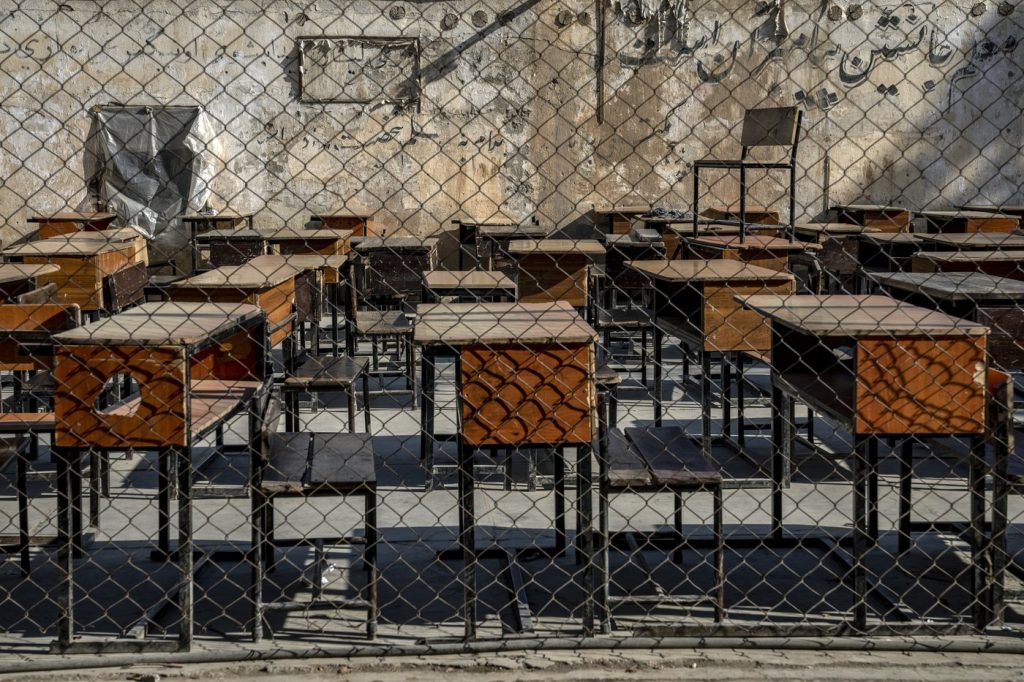KABUL, Afghanistan – Afghan women, like 24-year-old Sodaba, have faced severe restrictions since the Taliban seized power in 2021, leading to dramatic changes in their daily lives. The new regime quickly implemented a range of bans, including prohibitions on visiting parks and gyms, eating in restaurants, and almost all forms of employment, with a particularly harsh ban on education beyond primary school.
In a desperate bid for self-improvement, Sodaba turned to the internet, where she discovered a free computer coding course designed for Afghan women. The course is taught in Dari by Murtaza Jafari, a young Afghan refugee living in Greece, who understands the struggles faced by women in Afghanistan. “I believe a person should not be bowed by circumstance,” she expressed, noting that the coding skills restored her confidence and provided clarity about her future.
Murtaza Jafari, now 25, has a personal history that fuels his passion for teaching. After arriving in Greece as a teenage refugee from Afghanistan, he faced numerous challenges, including a lack of knowledge about computers and difficulties in learning English. Through perseverance, he eventually earned a computer programming certification and founded Afghan Geeks, a company aimed at empowering women in his homeland.
Since December 2022, he has been conducting online coding classes for women in Afghanistan. His initiative is driven by a desire to give back to the community that once supported him. Jafari currently has 28 female students enrolled across three levels: beginner, intermediate, and advanced. In addition to teaching technical skills, he mentors students on how to find online internships and jobs, offering them a precious lifeline in a country where many professions are off-limits for women.
Afghan Geeks also provides website development services and has attracted clients from Afghanistan, the United States, the United Kingdom, and Europe, all of whom appreciate the meaningful impact of their contributions. Jafari respects his students' privacy; despite having taught for seven months, he has never seen their faces and values their desire for anonymity.
As the Taliban's restrictions increasingly confine women to their homes, online platforms have become vital sources of education and empowerment. Zuhal, a young Afghan woman whose aspirations for university were quashed by the education ban, founded an online academy with a team of volunteers. From a modest team of five, Vision Online University has grown to include 150 teachers and serves over 4,000 students, offering free courses in various subjects including psychology, foreign languages, Quranic studies, nursing, and public speaking.
Despite the challenges of operating without funding and her own financial difficulties in maintaining internet service, Zuhal is determined to support her peers. “I have a goal. If I stop, more than 4,000 girls will be depressed again,” she asserted, emphasizing the importance of resilience and action in the face of adversity. She is also pursuing a degree in computer science through an online American university, illustrating her commitment to education.
The efforts of Jafari and Zuhal highlight the transformative potential of online education for Afghan women, enabling them to reclaim their agency and pursue their ambitions despite the oppressive environment imposed by the Taliban. Their initiatives not only provide skills and knowledge but also foster a sense of community and hope, crucial for the future of women in Afghanistan.











